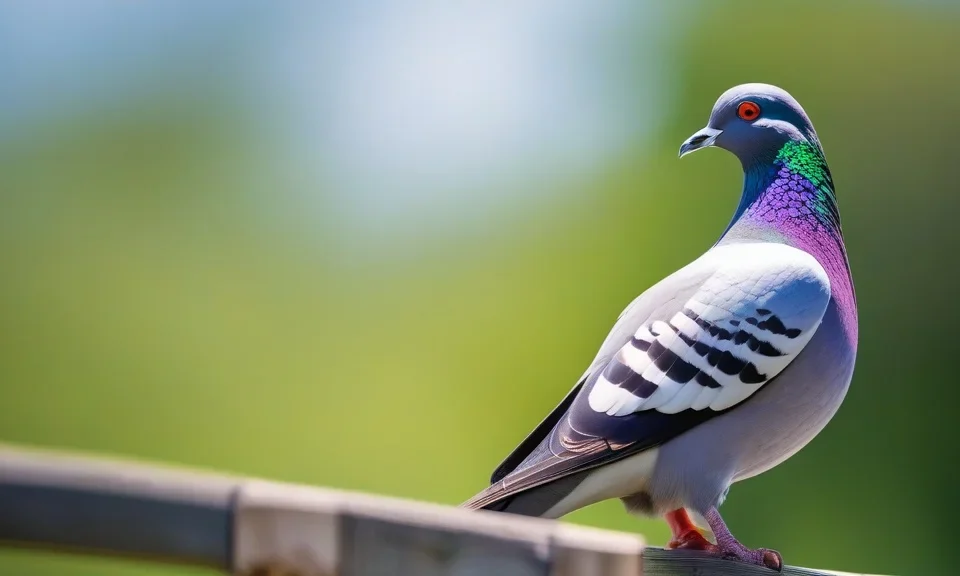Pigeon shows and animal welfare are two topics that often come into focus when discussing the treatment of animals in entertainment and recreational activities. Pigeon shows involve showcasing pigeons for various purposes, such as racing or exhibition, while animal welfare refers to the ethical treatment and well-being of animals.
Key Takeaways
- Pigeon shows involve the exhibition or racing of pigeons.
- Animal welfare concerns the ethical treatment and well-being of animals.
- The involvement of animals in entertainment activities raises questions about their welfare.
Pigeon Shows: Purpose and Controversy
Pigeon shows are events where pigeons are exhibited, raced, or showcased for their distinct features. These shows serve various purposes, including promoting specific breeds, evaluating the qualities of racing pigeons, and providing enthusiasts with a platform to showcase their birds.
Exhibitions at pigeon shows allow breeders to showcase the unique colors, markings, and features of their pigeons. These events often include competitions and awards for the best-in-show pigeons. Additionally, pigeon racing is a popular sport among enthusiasts, where trained pigeons compete against each other in races of varying distances.
However, pigeon shows and racing have not been without controversy. Animal welfare concerns often arise due to the confinement, stress, and potential exploitation of pigeons involved in these activities. Critics argue that the conditions and treatment of the birds can have negative impacts on their well-being and quality of life.
Animal Welfare in Pigeon Shows
Animal welfare encompasses the ethical treatment and well-being of animals involved in various activities, including pigeon shows. Ensuring the welfare of animals at pigeon shows involves considering their housing, diet, healthcare, and exposure to stressors.
Pigeon owners and event organizers should prioritize the well-being of the birds by providing suitable living conditions, adequate nutrition, and veterinary care. It is essential to ensure that the birds have access to clean water, appropriate shelter, and enough space to move and exercise.
Minimizing stress and ensuring the birds’ welfare also involves handling and transportation practices. Proper training and socialization of pigeons can help reduce their stress levels and improve their overall well-being. It is crucial for event organizers and participants to follow ethical guidelines and best practices to ensure the welfare of the birds involved.
The Role of Animal Welfare Organizations
Animal welfare organizations play a vital role in monitoring and advocating for the well-being of animals involved in various activities, including pigeon shows. These organizations work to raise awareness about animal welfare concerns, promote ethical treatment of animals, and provide resources and guidance to individuals involved in the care and management of animals.
Through education, outreach, and collaboration with event organizers, animal welfare organizations strive to improve the industry standards and practices related to pigeon shows. They may advocate for regulations or guidelines that ensure the welfare of animals, encourage responsible breeding practices, and promote alternatives to activities that may have negative impacts on animals’ well-being.
By actively participating in discussions and engaging with stakeholders, animal welfare organizations can help foster an environment where the well-being of animals is prioritized, and ethical practices are promoted within the pigeon show community.
Conclusion
Pigeon shows can be enjoyed as a hobby and can celebrate and promote the unique qualities and abilities of pigeons. However, it is crucial to ensure that the welfare of the birds is a priority throughout these activities. By adopting ethical practices, providing appropriate care, and promoting responsible behavior, the pigeon show community can contribute to the overall well-being of the animals involved. Animal welfare organizations play a vital role in advocating for the welfare of animals and promoting responsible practices within the industry.









